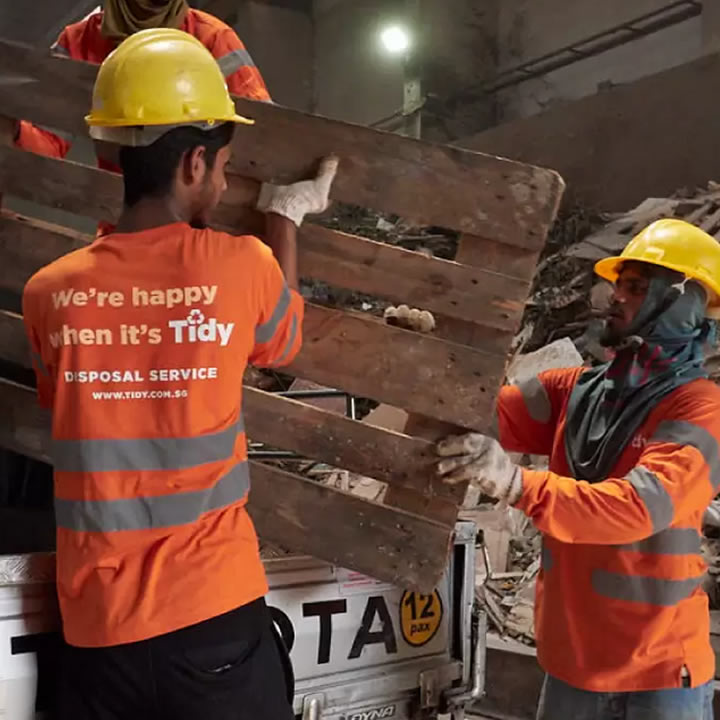Waste collection services are essential in helping to keep our communities clean and safe. The waste collection process involves the transportation and disposal of different types of solid waste, such as paper, plastic, glass, metal, yard clippings, and other materials.
Waste collectors must adhere to established safety standards when collecting and disposing of these materials in order to prevent contamination or harm to the environment.
In addition to providing a valuable service for our communities, a professional waste collection service also offers a range of benefits that include cost savings from reduced landfill costs and greater convenience for customers.
Types of Waste Collection Services
Waste collection services can be broadly categorized into two types: curbside collection and drop-off centers. The curbside collection involves a city-provided container placed at the curb for pick up on designated days and times.
This service is convenient but can be expensive based on the weight or volume collected, and there may be restrictions on certain items due to safety reasons. Drop-off centers accept all types of waste, making them ideal for large projects, but they don’t offer regular pick-up services like curbside collections.
Benefits of Waste Collection Services
Professional waste collection services provide essential services for keeping our environment clean and healthy. They reduce the amount of garbage that ends up in landfills or oceans, maintain air quality, and prevent soil contamination from hazardous materials.
Recycling programs associated with these services can also save natural resources and reduce energy consumption by creating new products from recycled materials.
Challenges Faced by Waste Collection Services
Waste collection services face various challenges, including inadequate infrastructure and hazardous materials management.
Lack of proper equipment and vehicles can lead to delays in service or unsafe practices, while insufficient storage facilities for recyclable materials or compostables increase operational costs for collection services.
Hazardous materials require special handling, increasing time spent on each pickup and training costs associated with hiring trained personnel.
Conclusion
Waste collection services play a crucial role in ensuring safe and efficient waste disposal, maintaining public health and safety, and protecting the environment. However, they face challenges such as inadequate infrastructure and hazardous materials management.
By understanding these challenges, we can work towards creating more sustainable waste management practices.

